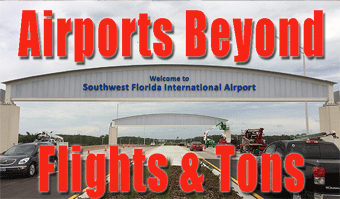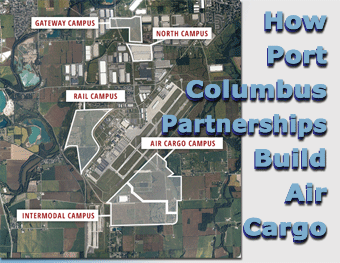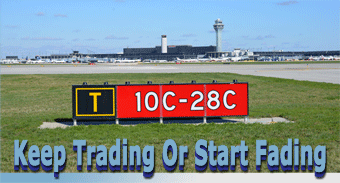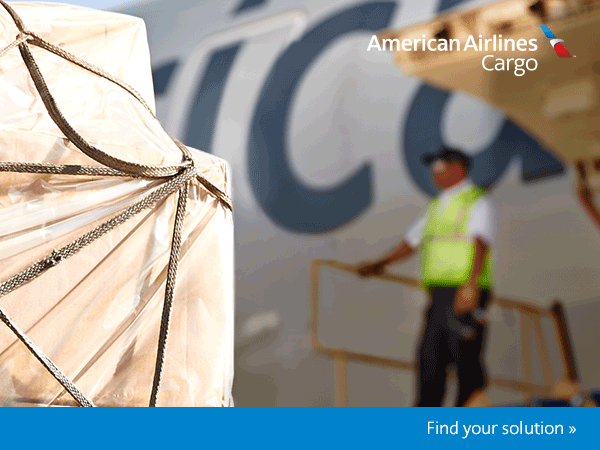 |
 |
 #INTHEAIREVERYWHERE |
| Vol. 15 No. 76 | Monday
October 3, 2016 |
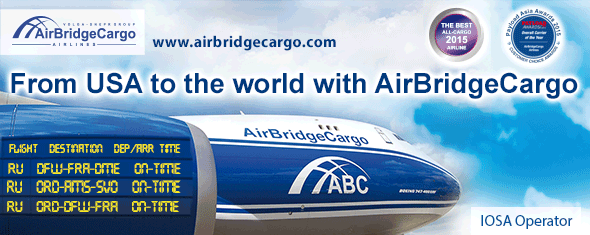 |
Today’s
international trade demands the traded goods arrive
just in time—safely, securely, in an increasingly
sustainable manner, and, more than ever, at reasonable
costs. Shippers Take The Heat Shippers
have been under pressure to cut distribution costs.
Forward To Some Important Points Today,
thanks to a more efficient routing network and logistics
instruments, the exporter’s goods may become more
competitive in new markets. After The Fall Since
the 2008 financial crisis, the air cargo industry has
been stagnant and has experienced very little, if any
growth. Tip Of The Hat From IATA In 2013,
the International Air Transport Association (IATA) acknowledged
freight forwarders’ functional change and recognized
that they are an integral part of a sector that successfully
transports goods worth $5.3 trillion every year. Who We Are Today & Tomorrow FIATA
consists of small, medium, and big freight forwarding
companies in an increasingly competitive market.
Better Relations Grow Business Our constituents strongly believe that the relationship between airlines and freight forwarders is crucial for trade.The efficient delivery of airfreight services is unavailable without a well-functioning relationship between airlines and freight forwarders. This is, however in need of profound changes, which are felt by all FIATA members and a number of airlines. This was the reason FIATA and IATA had worked for more than four year’s on the air cargo modernization program. The spirit of that endeavor was supported by Tony Tyler’s words in Singapore: “We need a modernized relationship that helps build trust and treats the Forwarder-Airline relationship as a partnership of equals.  “That will lead to the enhanced cooperation that
will help industry adapt to the momentous changes it faces.
“That will lead to the enhanced cooperation that
will help industry adapt to the momentous changes it faces.“This is a modernization path with many facets, where technology will also play an important part.” On July 18, 2016, I announced the completion of the program agreement with these words: “The Cargo Agency Program has long needed updating. I am really pleased that FIATA and IATA have joined forces to provide our industry with a new, modern program and a framework for operation that benefits both airlines and freight forwarders. IFACP will eliminate unnecessary administrative procedures and costs as well as free up valuable resources to tackle the complex challenges that today’s global trade presents. These include regulatory compliance, safety and security, and the introduction of new technologies. This agreement paves the way for a more successful future for the fastest and most fascinating mode of international transport.” I maintain that this says it all. Rodolfo Sagel Chairman FIATA Airfreight Institute |
 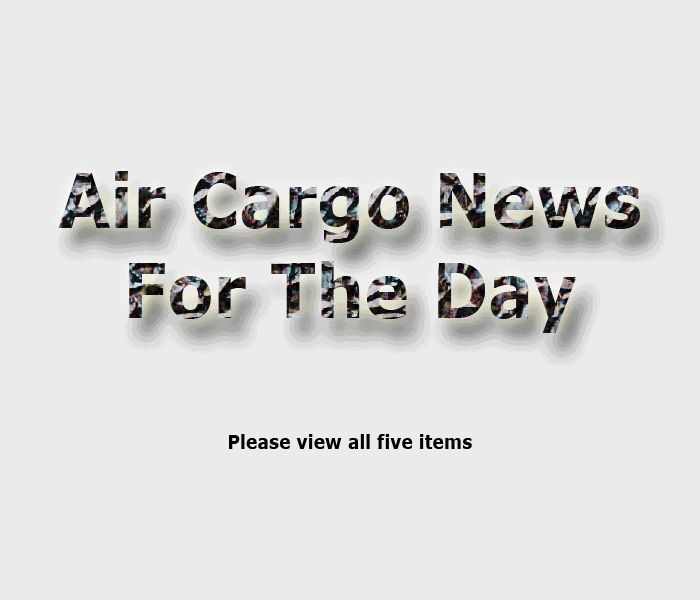 |
 |
On October 1, Emirates
added two daily A380 services—Dubai to Guangzhou,
China, and Dubai to Moscow, Russia—joining more
than 40 Emirates A380 destination cities.
Pictured in Boston at the Cold Chain Logistics Global Forum are left to right, Julian Sutch, Manager Global Sales Pharma - Emirates SkyCargo; Bert Jorritsma, Manager Special Cargo Service Delivery - Emirates SkyCargo; Prakash K. Nair - Manager Network Cargo Sales Development - Emirates SkyCargo and Brendan M. Furlong, Cargo Sales Manager Global Accounts, The Americas - Emirates SkyCargo. |
 |
|
|
The Airport Series
|
If
You Missed Any Of The Previous 3 Issues Of FlyingTypers
Access complete issue by clicking on issue icon or Access specific articles by clicking on article title |
||
 Vol.
15 No. 73 Vol.
15 No. 73Oktoberfest Tonight! Keep Trading Or Start Fading Chuckles For September 21, 2016 Pharma In Dubai Sky |
 Vol.
15 No. 74 Vol.
15 No. 74The Go-Go World of ATC Economic Impact Of Air Cargo Chuckles For September 26, 2016 September Song |
|
Publisher-Geoffrey
Arend • Managing Editor-Flossie Arend • Film Editor-Ralph Arend • Special Assignments-Sabiha Arend, Emily Arend • Advertising Sales-Judy Miller |
|


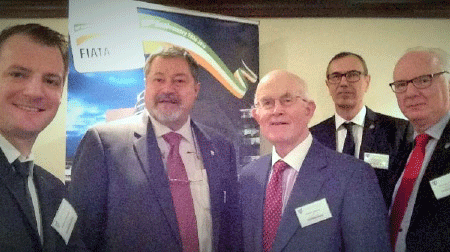 A Really Big Show—On Friday, October 7, at
the Congress, IATA and FIATA will sign an historic pact
that
A Really Big Show—On Friday, October 7, at
the Congress, IATA and FIATA will sign an historic pact
that 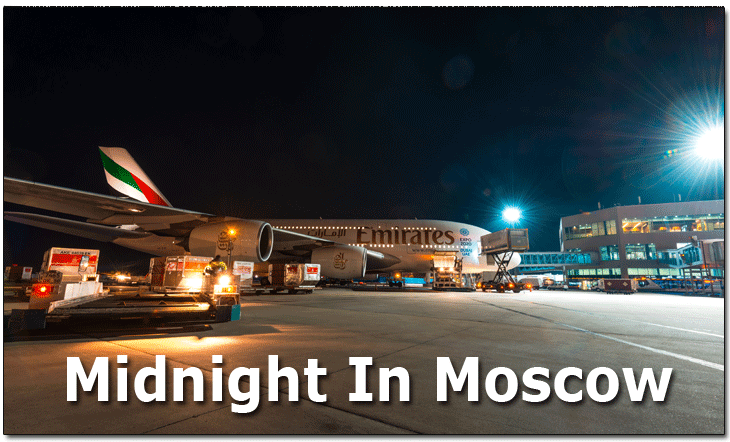
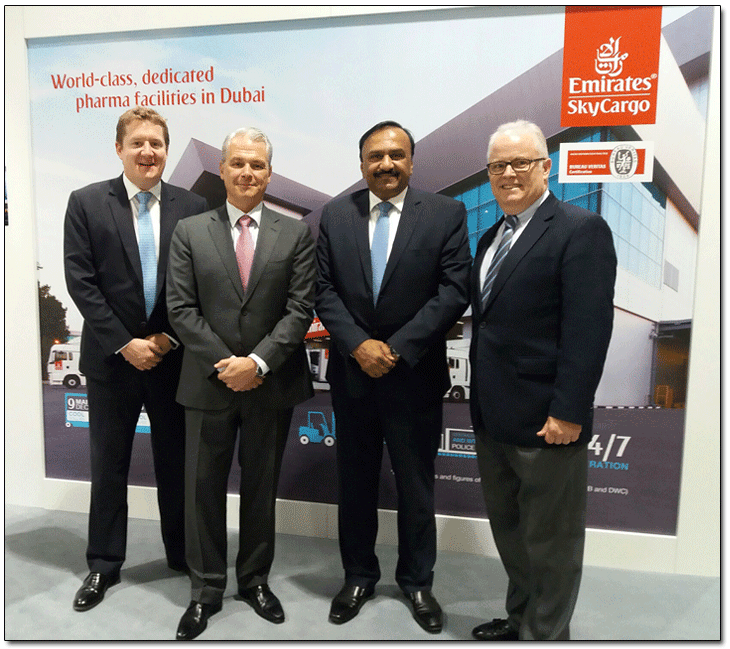
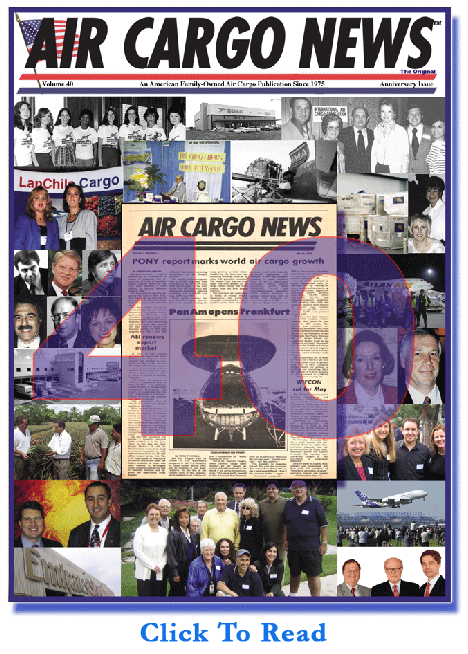
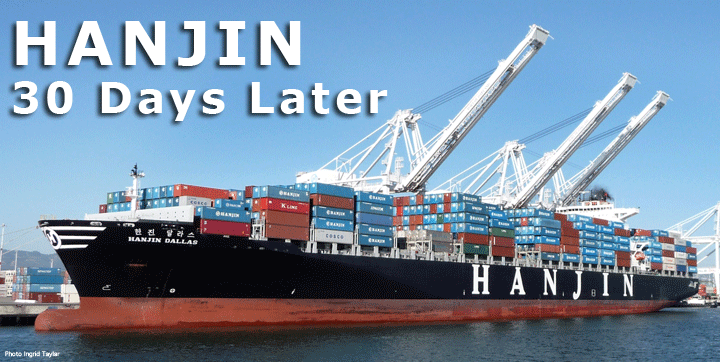
 To explore details of the impact the Hanjin bankruptcy
has had on the ground, we reached out to Jo Frigger,
CEO of EMO Trans.
To explore details of the impact the Hanjin bankruptcy
has had on the ground, we reached out to Jo Frigger,
CEO of EMO Trans.
